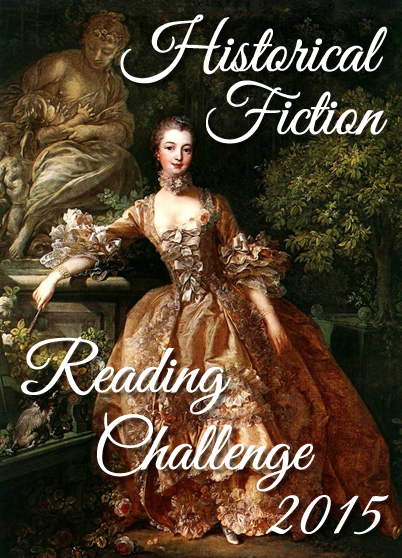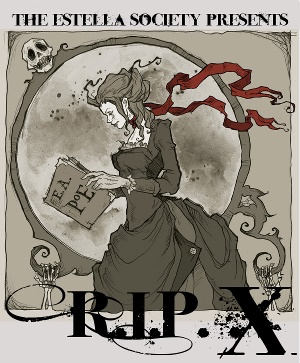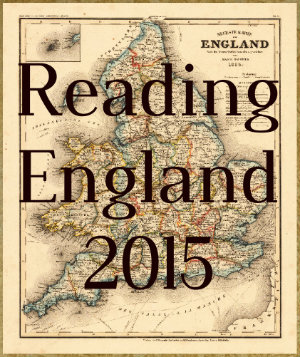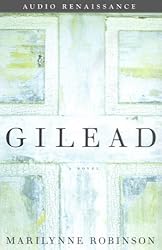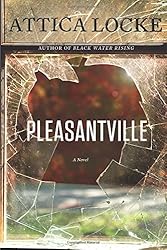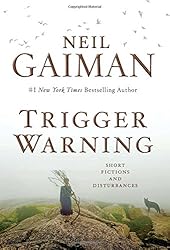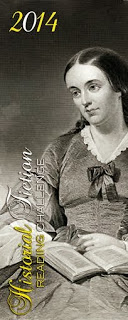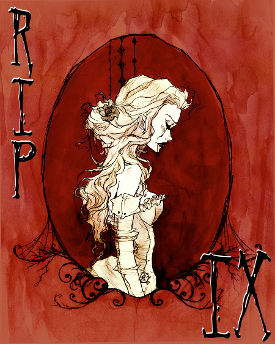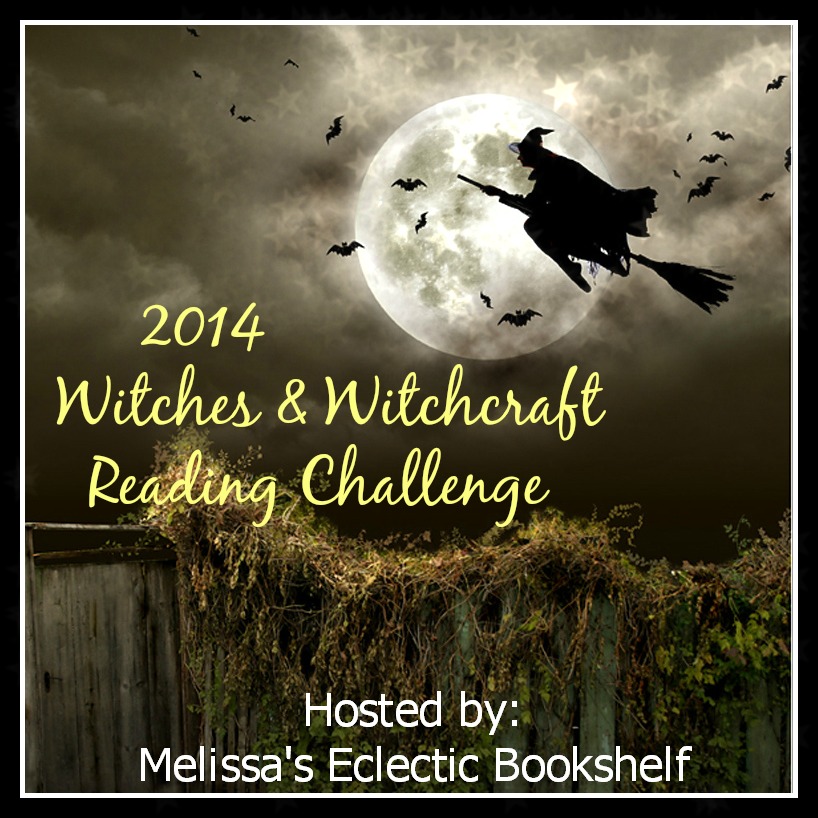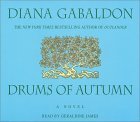 Deborah Harkness’s Shadow of Night is the second in her All Souls Trilogy. In the first book, which I read and reviewed here, witch and historian Diana Bishop calls forth the mysterious manuscript Ashmole 792 from Oxford’s Bodleian Library, arousing the curiosity of many other “creatures,” including vampire Matthew Clairmont.
Deborah Harkness’s Shadow of Night is the second in her All Souls Trilogy. In the first book, which I read and reviewed here, witch and historian Diana Bishop calls forth the mysterious manuscript Ashmole 792 from Oxford’s Bodleian Library, arousing the curiosity of many other “creatures,” including vampire Matthew Clairmont.
This book picks up Diana and Matthew’s unlikely love story as they prepare to timewalk to the past in the hopes of recovering the mysterious alchemical manuscript known in their time as Ashmole 782, which Matthew hopes will reveal genetic secrets of creatures and help Matthew discover why creatures are dying out. Using Diana’s power to travel to the past, Matthew and Diana go back to Elizabethan London, where Diana discovers her husband is a member of the legendary School of Night. And that’s not his only secret. Diana discovers she has some massive hidden powers, and she rubs shoulders with just about everyone of note in early 1590’s London and Prague.
I have to admit I find both Diana and Matthew pretty grating. People (annoyingly) fall in love with both of them right and left, while they have eyes only for each other. And of course, they have flawless appearances as well. Harkness falls into the trap of making her characters too physically perfect, so she gives them other flaws (that aren’t really flaws). I know they are not supposed to be normal people—they are a witch and vampire—but I still found them both pretty unsympathetic. Even when you’re writing about supernatural creatures, you want your characters to seem believable on some level. On the other hand, as this kind of book goes (think Twilight) this series is entertaining enough. It’s hard to believe even a vampire like Matthew would somehow be to connected to pretty much every major figure in Renaissance London and Prague, too. And I mean, it runs the gamut, from Rabbi Judah Loew ben Bezalel, aka the Maharal of Prague, a witch who created the legendary Golem, Holy Roman Emperor Rudolf II, Queen Elizabeth I, Christopher Marlowe, Sir Walter Raleigh, and more shadowy types like John Dee and Edward Kelley. One can’t deny that Harkness did her research. One wonders if all of it had to be thrown into the book.
Like I said, though, these books are entertaining enough, and they will definitely appeal to people who are looking for fun books about vampires and witches. Jennifer Ikeda’s reading works well with the story and doesn’t hit any wrong notes.
Rating: 




Audio Rating: 




I can’t count this one for the R. I. P. Challenge, even though I think it would be perfect if you’re doing the challenge and looking for something different to read. I started reading it before the challenge started, however. Given that most of the book is set in the past, I do feel it can definitely count for the Historical Fiction Challenge. Diana and Matthew travel from American to Renaissance London, and then to France and Prague, so it’s hard to figure out exactly where to map it for my settings map, but I’m settling on London, as I’d say the bulk of the action takes place there.
